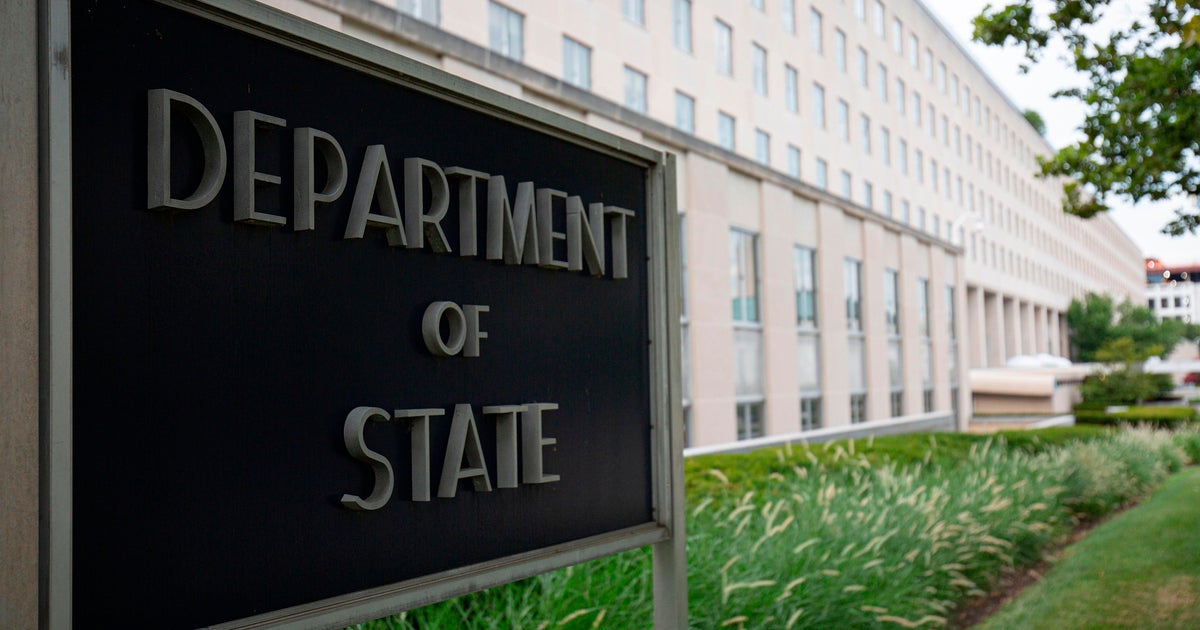2024 Rights Snapshots: Less Heat on Partners, New Scrutiny for Allies
The Big Shift in Washington’s Yearbook of the World
After weeks of internal rewrites, the State Department on Tuesday published its latest global human-rights bulletins. The 2024 editions—covering roughly two hundred nations—arrived with fewer pages on LGBTQ protections, trimmed sections on gender violence and corruption, and an entirely new tone that offers gentle notes to some governments while raising the volume on traditional U.S. friends.
What got cut?
What got added?
Reading Between the Redlines
An opening footnote explains the rewrites merely “streamline” the document and “align” it with current executive orders. Rights monitors disagree. “This isn’t trimming—this is erasure,” says Desirée Cormier Smith, who left the role of special representative for racial equity and justice earlier in the year.
El Salvador: From Crowded Prisons to Clean Slate
The 2023 file accused Salvadoran security forces of torture, arbitrary killings, mass detentions and life-threatening prison conditions. Tuesday’s update applauds the government for taking “credible steps” against wrongdoers and records “no credible reports” of major violations—an evolution that comes amid a deal to host U.S. deportees and the removal of presidential term limits.
Hungary and the Disappearing Corruption Chapter
Gone are last year’s dense paragraphs on “serious government corruption” and restrictions on the press. The 2024 entry again asserts that Budapest produced “no credible reports” of large-scale abuses.
Europe Under the Microscope
United Kingdom
• Alleged crackdowns on expressions deemed antisemitic
• “Serious restrictions on freedom of expression” via civil- or criminal-law enforcement
Germany & France
• Similar mentions of speech limitations
• Echo themes Vice President JD Vance has aired in public speeches
Middle East Gaps
Israel, the West Bank and Gaza retain a detailed entry, yet it lacks the usual death-tallies for both sides. It cites the Committee to Protect Journalists’ count of 82 Palestinian reporters killed but immediately adds that the IDF “claimed” some reporters were working alongside Hamas fighters.
Libya: The file admits “arbitrary or unlawful killings; disappearances; torture” despite deals to route deportees there.
Afghanistan: Describes “widespread disregard for the rule of law” just weeks after the U.S. pulled temporary protected status for thousands of Afghans, exposing more than 12,000 to possible return.
The Usual Suspects
Russia, China, Iran and North Korea remain in the penalty box. Each is again cited for “significant” abuses and failure to prosecute offenders.
Administration Pushback
Asked how Washington justifies monitoring travelers’ social posts while condemning European crackdowns on hate speech, spokesperson Tammy Bruce said criminalizing “disagreeable” speech only “catalyzes further hatred, suppression and polarization.” A senior official, briefing reporters off-record last week, insisted the document now focuses on “legislative mandates” and “does not reflect a change in policy.”




